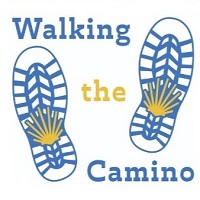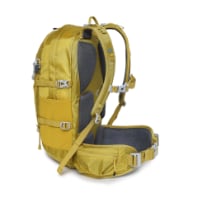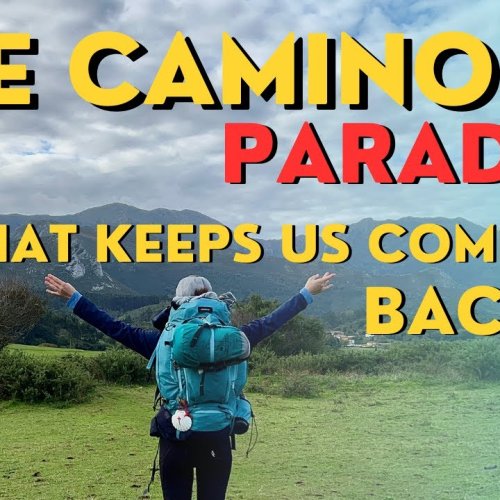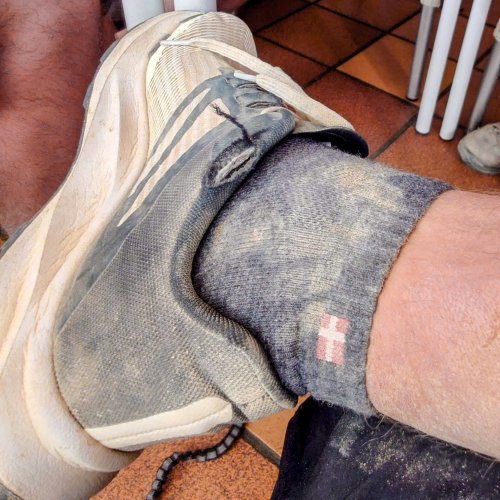Yield management
From Wikipedia, the free encyclopedia
Jump to:
navigation,
search
Yield management is the process of understanding, anticipating and influencing
consumer behavior in order to maximize
yield or
profits from a fixed, perishable resource (such as
airline seats or hotel room reservations or advertising inventory).
[1] As a specific, inventory-focused branch of
revenue management, yield management involves strategic control of inventory to sell it to the right customer at the right time for the right price. This process can result in
price discrimination, where a firm charges customers consuming otherwise identical goods or services a different price for doing so. Yield management is a large revenue generator for several major industries;
Robert Crandall, former Chairman and CEO of
American Airlines, gave Yield Management its name and has called it "the single most important technical development in transportation management since we entered deregulation."
[2]
Yield management system
[URL='http://en.wikipedia.org/wiki/Corporation']Firms that engage in yield management usually use
computer yield management systems to do so. The
Internet has greatly facilitated this process. Enterprises that use yield management periodically review transactions for
goods or
services already supplied and for goods or services to be supplied in the future. They may also review information (including statistics) about events (known future events such as holidays, or unexpected past events such as
terrorist attacks), competitive information (including prices), seasonal patterns, and other pertinent factors that affect sales. The
models attempt to forecast total demand for all products/services they provide, by market segment and
price point. Since total demand normally exceeds what the particular firm can produce in that period, the
models attempt to optimize the firm's outputs to maximize revenue.
The optimization attempts to answer the question: "Given our operating constraints, what is the best mix of products and/or services for us to produce and sell in the period, and at what prices, to generate the highest expected revenue?"
Optimization can help the firm adjust prices and to allocate capacity among market segments to maximize expected revenues. This can be done at different levels of detail:
- by goods (such as a seat on a flight or a seat at an opera production)
- by group of goods (such as the entire opera house or all the seats on a flight)
- by market (such as sales from Seattle and Minneapolis for a flight going Seattle-Minneapolis-Boston)
- overall (on all the routes an airline flies, or all the seats during an opera production season)
Yield management is particularly suitable when selling perishable products, i.e. goods that become unsellable at a point in time (for example air tickets just after a flight takes off). Industries that use yield management include airlines, hotels, stadiums and other venues with a fixed number of seats, and advertising. With an advance forecast of demand and pricing flexibility, buyers will self-sort based on their price sensitivity (using more power in off-peak hours or going to the theater mid-week), their demand sensitivity (must have the higher cost early morning flight or must go to the Saturday night opera) or their time of purchase (usually paying a premium for booking late).
In this way, yield management's overall aim is to provide an optimal mix of goods at a variety of price points at different points in time or for different baskets of features. The system will try to maintain a
distribution of purchases over time that is balanced as well as high.
Good yield management maximizes (or at least significantly increases) revenue production for the same number of units, by taking advantage of the forecast of high demand/low demand periods, effectively shifting demand from high demand periods to low demand periods and by charging a premium for late bookings. While yield management systems tend to generate higher revenues, the revenue streams tends to arrive later in the booking horizon as more capacity is held for late sale at premium prices.
Firms faced with lack of
pricing power sometimes turn to yield management as a last resort. After a year or two using yield management, many of them are surprised to discover they have actually lowered prices for the majority of their opera seats or hotel rooms or other products. That is, they offer far higher discounts more frequently for off-peak times, while raising prices only marginally for peak times, resulting in higher revenue overall.
By doing this, they have actually increased quantity demanded by selectively introducing many more price points, as they learn about and react to the diversity of interests and purchase drivers of their customers.
[/URL]






















